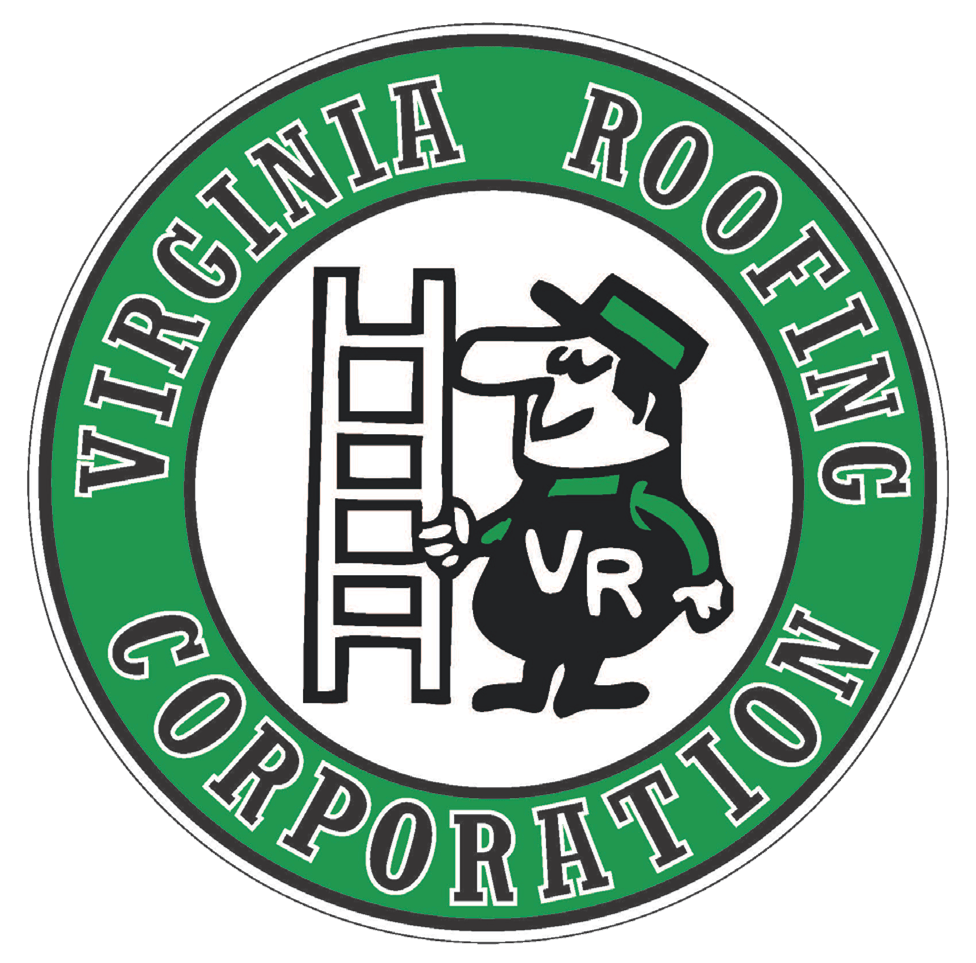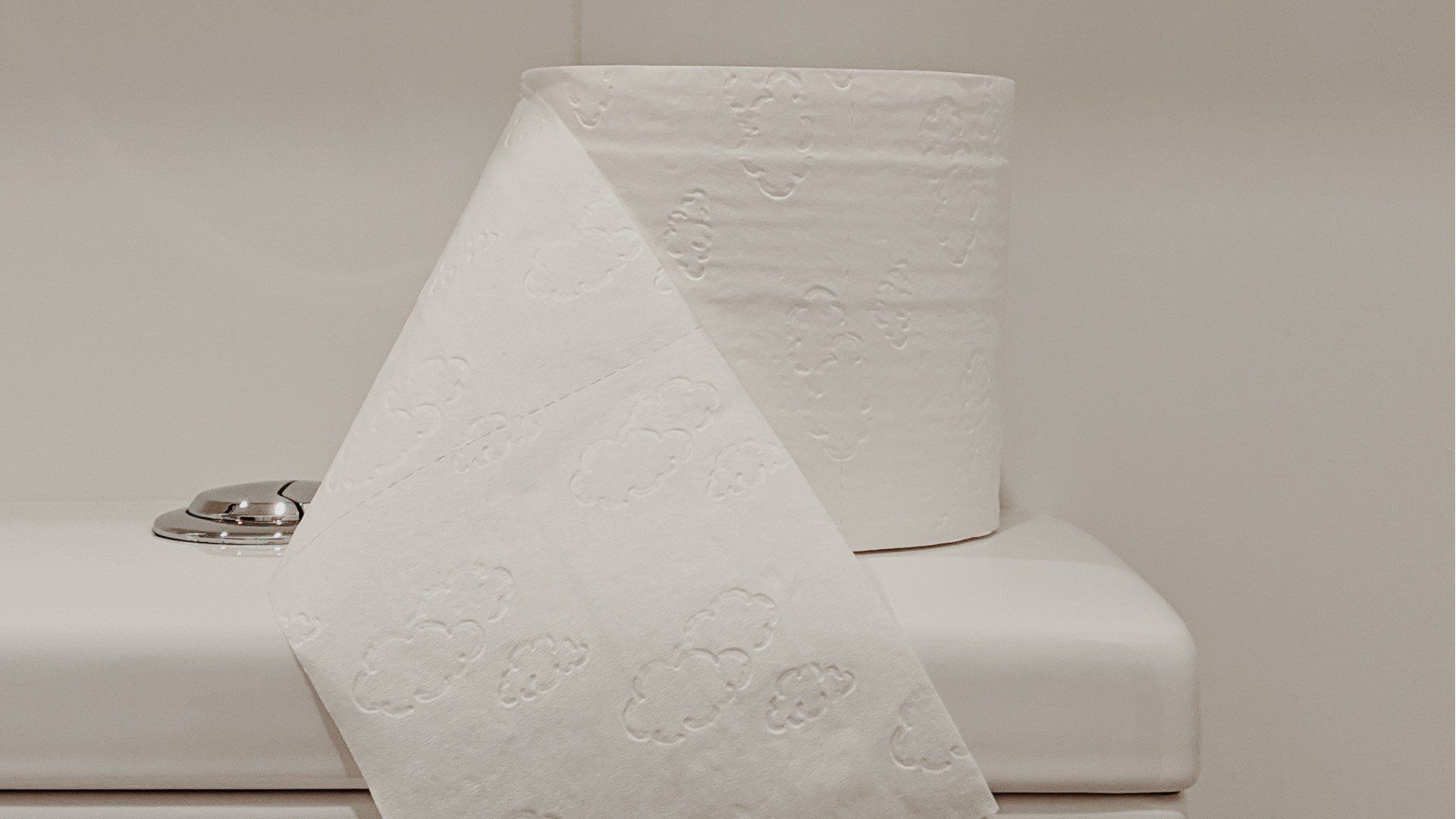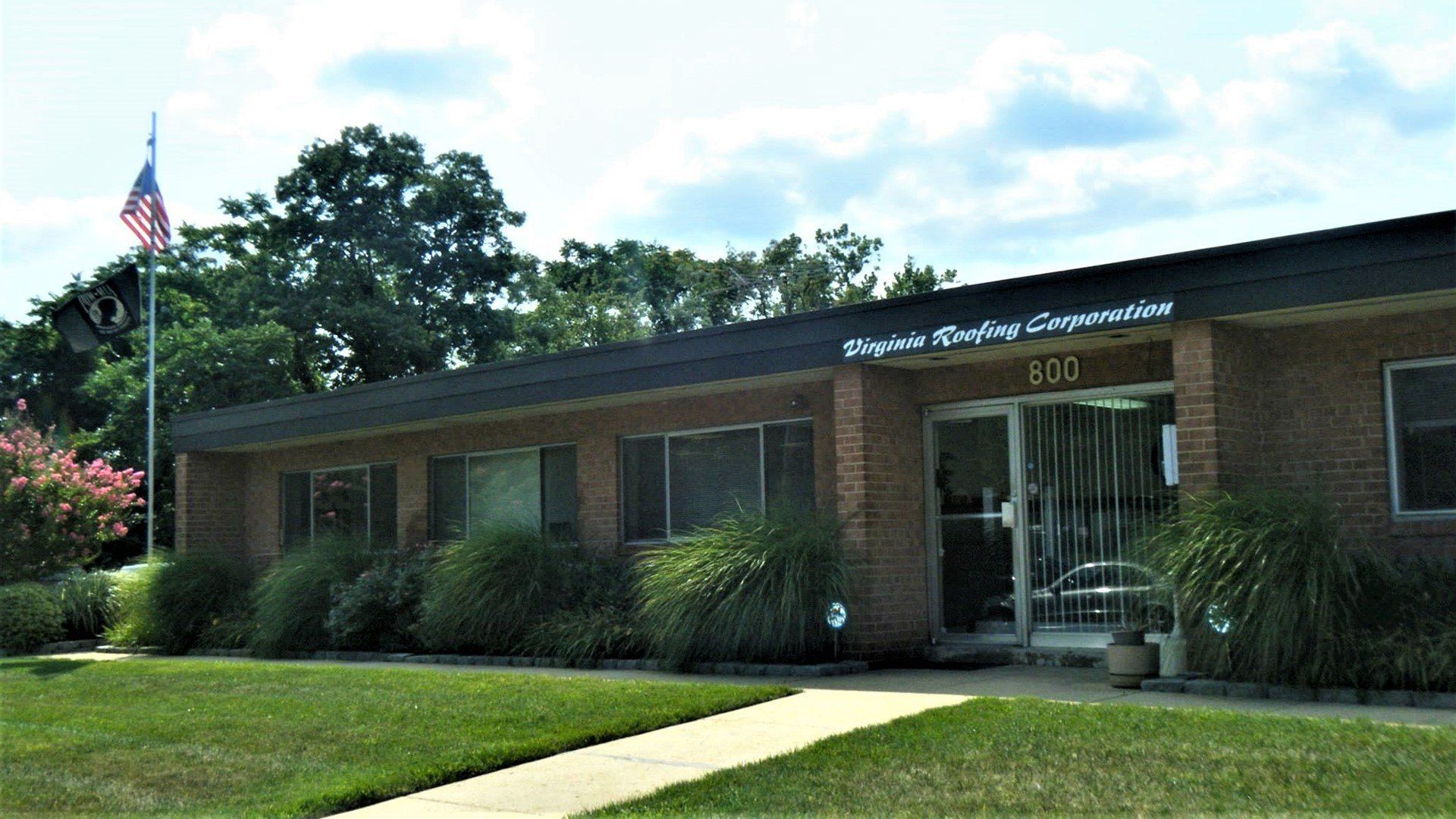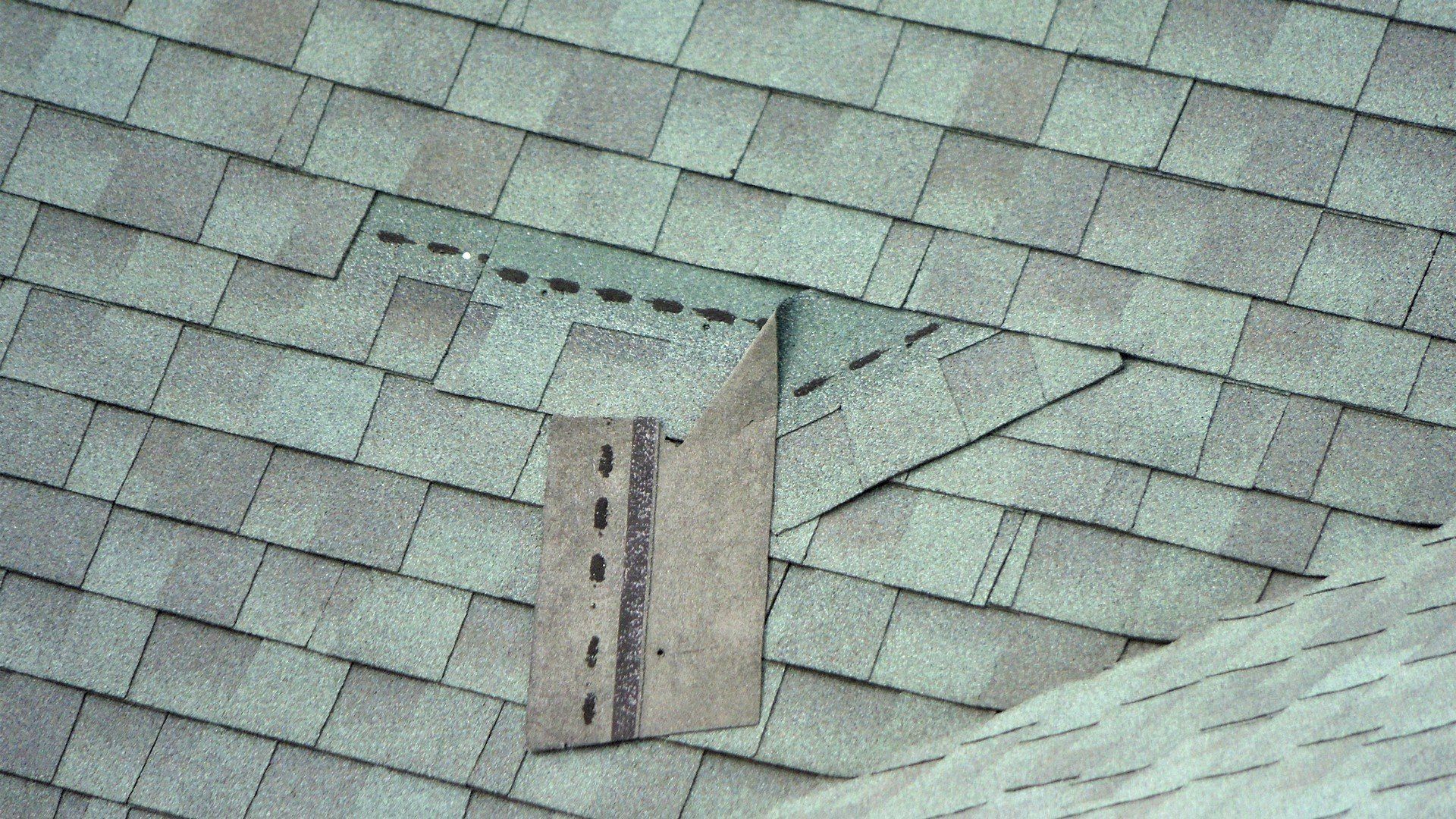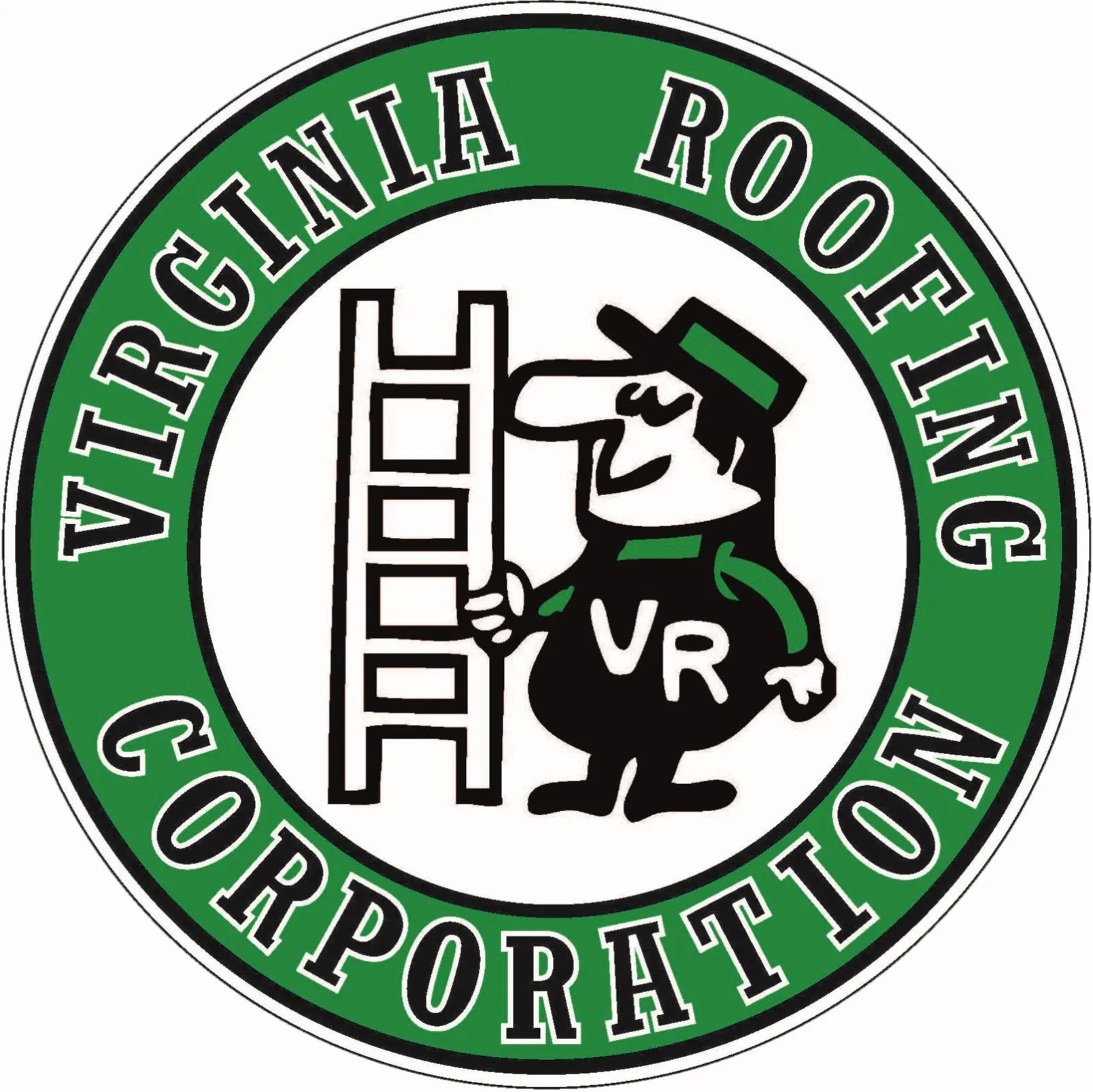OSHA Roof Safety during COVID-19
December 14, 2020
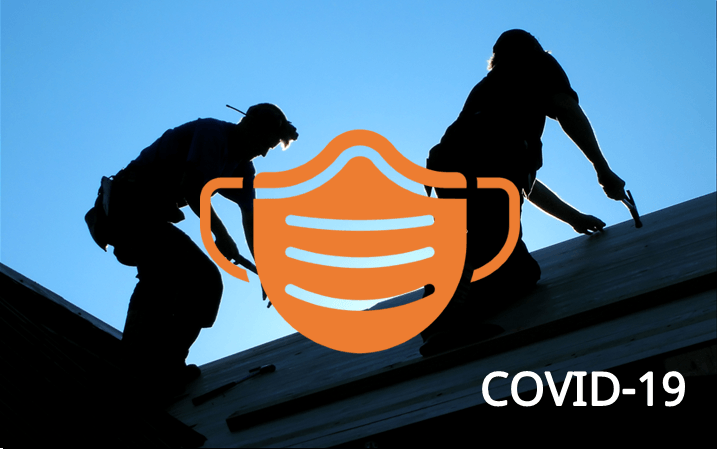
An OSHA violation is a roofing nightmare and the chances of getting a citation have increased with COVID-19. Working through this time while keeping your roofers and office staff safe requires close attention to safety guidelines and making several workplace changes. Read below to learn how roofers are getting cited for new infractions and what you can do to avoid them.
1. Forget social distancing - As social distancing keeps us all physically apart, there are no floor decals on jobsites reminding roofers to keep 6 feet apart when working. Also, crews travel to and from jobsites together and use the same equipment,
which makes roofing a difficult industry to maintain social distancing. Employers must think outside of the box when implementing social distancing or they will face unwanted OSHA citations.
2. Mask off - One way to make an already hot day of roofing even hotter is by adding personal protective equipment (PPE) like N95 masks and respirators. Studies have shown that when wearing PPE, workers experienced raised body temperatures and felt warmer. This makes working and removing masks for OSHA suggested water breaks every 15 minutes more difficult. Mandatory face masks on the jobsites range from cloth masks and bandana to PPE, but when roofers fail to wear face coverings at all they could face fines over $2,000.
3. The plan is to have no plan - Your roofers and office staff should not have to fend for themselves at this time. Supplying your employees with hand sanitizer and face masks is a good start to creating your COVID-19 Preparedness and Response Plan, but it is not enough to avoid an OSHA violation. Use OSHA’s publication here
to find resources and materials to create and implement your business’s safety plan.
4. Self-training & self-supervising - Everyday social media and the news contribute to misinformation about COVID-19. Because of this, it should not be left to your employees to decide if a face mask is necessary or to practice social distancing. It’s the employer’s responsibility to train employees on mandatory COVID-19 training. Also, OSHA suggests businesses designate a workplace COVID-19 supervisor that conducts trainings and facilitates body temperature checks.
5. No thermometer, no problem - It’s not required by OSHA or the State of Virginia, however many businesses are choosing to administer body temperature checks on employees. Checking temperatures is another way to ensure the safety of your roofers and evaluate their symptoms prior to starting the day. If handled in-house, create a consistent process for temperature checks and follow social distancing recommendations while doing so.
